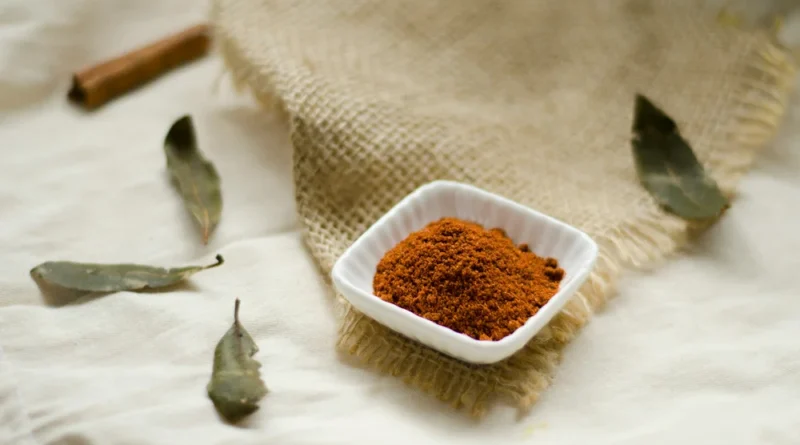Is Cinnamon Bad For Cats
Is Cinnamon Bad for Cats?
Cinnamon is a spice that many of us love—it’s warm, comforting, and can make your home smell wonderful. But if you’re a cat owner like me, you might be wondering if cinnamon is safe for our feline friend. Unfortunately, while cinnamon might be harmless to us, it can pose a risk to cats if they ingest or inhale too much of it.
The issue lies in certain compounds found in cinnamon, like coumarin and cinnamaldehyde. These are fine for us, but our cats aren’t equipped to handle them as well. Cinnamon comes in various forms, such as powder, sticks, or essential oils, and each can be problematic in its own way. Essential oils are especially dangerous because they’re highly concentrated. Cats also have very sensitive noses, so even inhaling cinnamon powder can cause irritation and discomfort.
Signs Your Cat Might Have Cinnamon Poisoning
If your cat has been exposed to cinnamon, there are some symptoms you should be on the lookout for. Depending on the amount they’ve come into contact with, these signs can range from mild to more serious:
- Vomiting and Diarrhea: If your cat eats cinnamon, it might upset their stomach, leading to vomiting or diarrhea. This is their body’s way of trying to expel something that doesn’t sit right.
- Coughing or Wheezing: Inhaling cinnamon powder or essential oils can irritate your cat’s respiratory system, causing them to cough or wheeze.
- Mouth or Skin Irritation: Cinnamon can cause a burning sensation in your cat’s mouth or on their skin, leading to redness, swelling, or other signs of irritation.
- Low Blood Sugar: Though rare, ingestion of cinnamon could cause a drop in your cat’s blood sugar, making them feel weak or disoriented.
If you notice any of these symptoms, it’s important to take action quickly. While cinnamon poisoning in cats is usually not life-threatening, it can make your pet feel pretty uncomfortable.
What to Do If Your Cat Eats Cinnamon
If you suspect that your cat has ingested or inhaled cinnamon, here’s what you can do:
- Remove the Cinnamon: First, get rid of any cinnamon your cat might still have access to. This includes powder, sticks, or essential oils.
- Assess the Situation: Try to determine how much cinnamon your cat might have consumed or inhaled. This information will be helpful when you contact your vet.
- Call Your Vet: Reach out to your veterinarian immediately. They’ll provide guidance on the next steps, which might include bringing your cat in for an exam or monitoring them at home.
- Follow Your Vet’s Instructions: Depending on the severity, your vet might suggest treatments like administering fluids, inducing vomiting, or giving medication to alleviate symptoms. Be sure to follow their advice closely.
How to Keep Your Cat Safe from Cinnamon
The best way to protect your cat from the risks of cinnamon is to prevent exposure in the first place. Here are a few tips:
- Store Cinnamon Safely: Keep cinnamon and any products containing it in places your cat can’t reach, such as high shelves or closed cabinets.
- Be Mindful with Essential Oils: Avoid using cinnamon essential oils around your cat. If you do use them, ensure they’re stored securely and not within reach of your pet.
- Keep an Eye on Cinnamon-Flavored Foods: Make sure foods that contain cinnamon, like baked goods, are kept out of your cat’s reach. Even a small taste could lead to issues.
- Educate Your Household: Make sure everyone in your home knows about the potential dangers of cinnamon for cats, so they can help prevent any accidents.
- Choose Safe Alternatives: If you love using spices or scents around your home, consider opting for pet-safe alternatives that won’t pose a risk to your cat.
By following these tips, you can enjoy the benefits of cinnamon in your home without worrying about your cat’s safety. It’s all about being mindful and making small adjustments to ensure your feline friend stays healthy and happy.
For Extra Info: Are Carnations Toxic to Cats

